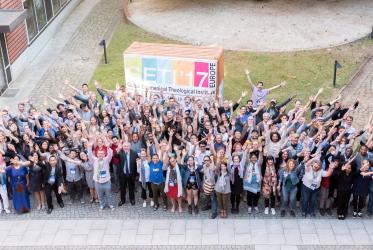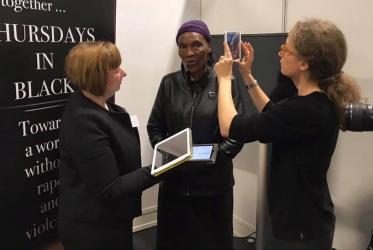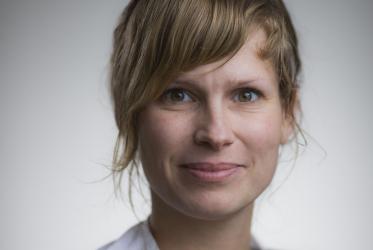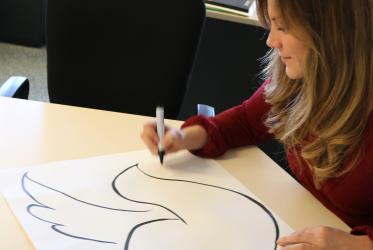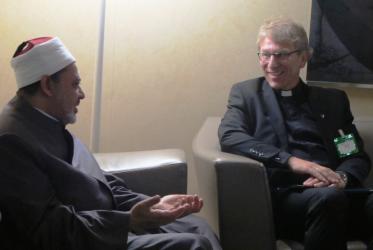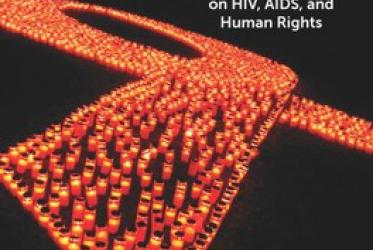Displaying 161 - 180 of 259
“We are to pass on the mantle”
31 May 2017
G7 must address famine
22 May 2017
Youth engagement fundamental to HIV response
18 April 2017
On World Water Day, we ask: “why waste water?”
22 March 2017
“It’s time to be brave, to form diverse partnerships”
02 March 2017
“Health and healing for all people, that is the challenge”
28 February 2017
How do you say “peace?”
20 February 2017
WCC Blue Community implements water changes in the Ecumenical Centre
16 February 2017
WCC hosts discussion on religious radicalisation
13 December 2016
Plans for 2017 decided by WCC Executive Committee
01 December 2016
WCC Executive Committee issues statement on climate justice
25 November 2016
Dialogue flourishes between WCC, Muslim Council of Elders
30 September 2016
WCC book featured in UN discussion on gender, religions and health
16 September 2016
